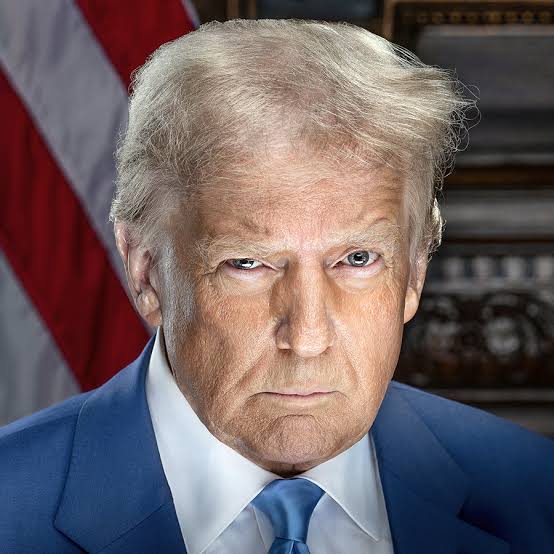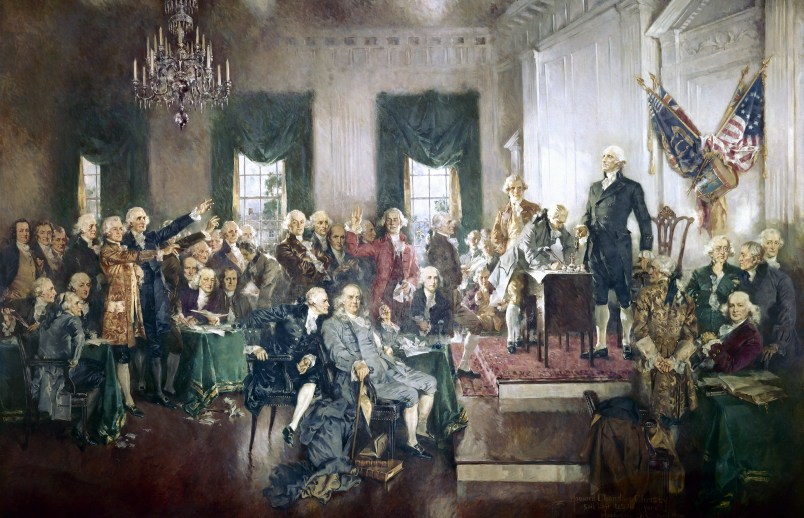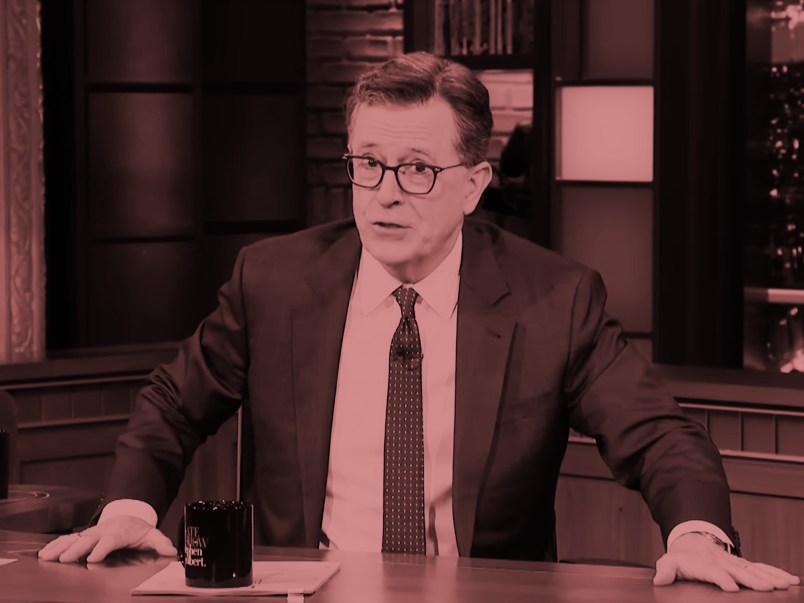
Most Americans are probably surprised to learn their country could be preparing for military action against Nigeria. Yet that is just what President Donald Trump instructed the Pentagon to do over the weekend, in response to what he described as a “genocide” against Nigeria’s Christian population.
While a major intervention is unlikely, even a limited campaign of airstrikes or raids by special operations forces in the West African country was nowhere on the radar for the American public—or the world, for that matter—and certainly not high on the list of its priorities. As with Trump’s campaign of illegal military strikes against small boats off the coast of Venezuela, which he suggested may soon expand into ground operations there, an intervention in Nigeria seems to be diametrically opposed to both his America First agenda and his quixotic quest for the Nobel Peace Prize.
The timing is also curious, not only for those just tuning in to Nigeria’s security challenges, but for those who have paid close attention to them over the years. Trump’s claims of a “Christian genocide” are tenuously linked to an Islamist insurgency that began in northern Nigeria in the early 2000s. Fueled by local grievances over poor governance and economic marginalization, the movement took up arms to advance its fundamentalist Sunni Islamist vision under the official name of Jama’at Ahl al-Sunna li al-Da’wa wa al-Jihad, or Group of the People of Sunnah for Dawah and Jihad. But as its profile rose through a series of terrorist bombings and attacks in the late 2000s and early 2010s, it became popularly known as Boko Haram, meaning “Western education is forbidden.”
Boko Haram’s activity continued to expand through the mid-2010s, with the group successfully seizing control of territory surrounding major towns and cities in Borno state. As it did so, it targeted the civilian population with violence, including gruesome massacres and kidnappings, particularly against boarding schools. The horrific kidnapping of 276 schoolgirls in Chibok in April 2014 moved Boko Haram into the global spotlight, at a time when the U.S.-led war on Islamist terror had lowered in intensity but spread in range, including to West Africa. As a result, the U.S. provided training and intelligence to the Nigerian military in its efforts to contain the insurgency. But deeper cooperation, including the sale of military helicopters and other weapons platforms, was ruled out due to the Nigerian military’s record of human rights abuses against its own civilian population.
Still, with Boko Haram soon expanding its attacks into neighboring Cameroon and the Lake Chad region, the U.S. provided support to a regional force that launched an offensive against the group in 2015. The coordinated military pressure managed to contain and roll back Boko Haram, which subsequently splintered into two factions, with one of them pledging allegiance to the then-ascendant Islamic State. Nevertheless, despite claims by the Nigerian government that the group had been defeated, Boko Haram has continued to mount lethal attacks in the years since then, with spikes in activity in the late 2010s and early 2020s. Although these have often targeted the region’s Catholic churches and communities, they have not spared Muslims or any other groups opposed to Boko Haram’s fundamentalist program, many thousands of whom have died, with tens of thousands more displaced over the years.
At the same time, Boko Haram is far from Nigeria’s only security challenge, and insecurity is far from its only governance challenge. Violence between sedentary farmers and nomadic pastoralists over grazing rights, long a problem, has been exacerbated by the impact of climate change. Ethnic tensions also periodically flare into violence. And widespread banditry in regions where the state presence is minimal or toothless has become more of a problem in recent years. Moreover, the geographic range of these security threats has expanded, reaching as far as the capital, Abuja, itself in recent years.
Meanwhile, Nigeria has been unable to transform its rich endowments in oil and other mineral resources into broadly shared prosperity based on industrialization. Its economic development has been consistently hobbled by corruption, mismanagement and waste, compounded by the structural inequities of the globalized economy. In recent years, that has led to widespread popular protests, particularly over police brutality. But more recently, a sense of resignation seems to have set in regarding the country’s ossified and largely ineffectual political class, which has presided over the gradual decline of a country once seen as the region’s hegemon.
In short, Nigeria’s challenges seem to be a textbook case of a weak state unable to provide the collective goods—in the form of economic opportunity and security—needed for its youthful population to pursue and achieve its aspirations. Yet, the U.S. experience of the past 25 years in Iraq, Afghanistan, Somalia and West Africa itself tells us that as easy as these problems are to diagnose, there is no easy or quick fix for solving them. Moreover, in all these places, U.S. military involvement has at best temporarily contained the threat, and at worst enflamed and metastasized it. Trump himself just learned this lesson with his loudly announced but ultimately ineffective bombing campaign against the Houthis in Yemen, which offered yet another demonstration—if one were needed—of the limits of U.S. military force in solving complex political problems.
The irony of Trump now threatening military action against Nigeria, even as uncertainty lingers over his intentions in Venezuela, is as obvious as it is bitter. In both places, he seems poised to reinvent America’s failed global war on terror from scratch, using new justifications—protecting Christians in the former, targeting “narco-terrorists” in the latter—for the same discredited approach. That it comes days after the death of Dick Cheney, the architect of the original war on terror, only further drives home the point.
Finally, though we may have grown so accustomed to it to notice, it is important to also remind ourselves that Trump’s crusade in Nigeria is detached from a realistic understanding of what is happening there. In this case it seems to be the product of lobbying from evangelical Christians among his MAGA base, just as his saber-rattling toward Venezuela seems to be the result of Secretary of State Marco Rubio’s neoconservative animus toward the Maduro regime there.
Both cases are illustrations of the “glonzo” politics that often drive Trump’s erratic policymaking. The term comes from a thread on social media following his victory in last year’s presidential election that explained it like this: “If 25% of the population believed that a creature called ‘Glonzo’ caused high power prices by chewing through transmission lines, any competent politician would be negligent in not trying to find a way to exploit this.” Trump’s advantage with these voters over people who are more serious about policy or reality, it went on, is that the latter will “mumble something about hardening electric infrastructure while trying to hide contempt,” while Trump will promise that “the marines will kill Glonzo.”
Nigeria is simply the latest and perhaps the clearest example of how Trump’s personal Glonzos are now driving U.S. foreign policy and shaping global politics.
Judah Grunstein is World Politics Review editor-at-large. He was editor-in-chief from 2008 to earlier this year. You can follow him on BlueSky at @judah-grunstein.bksy.social.




